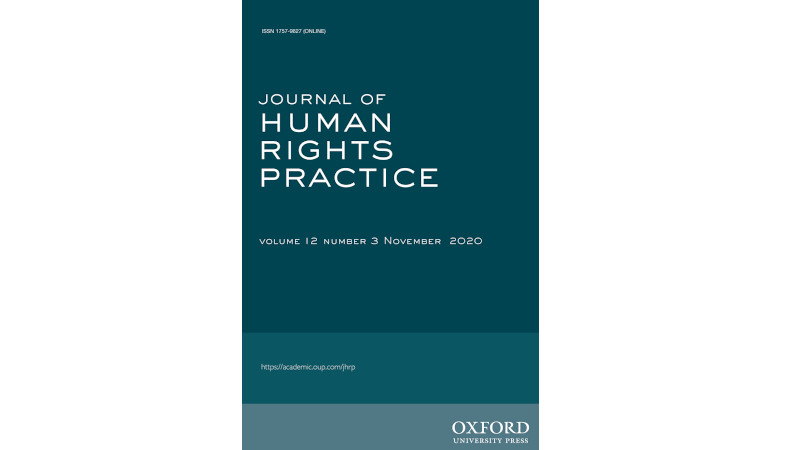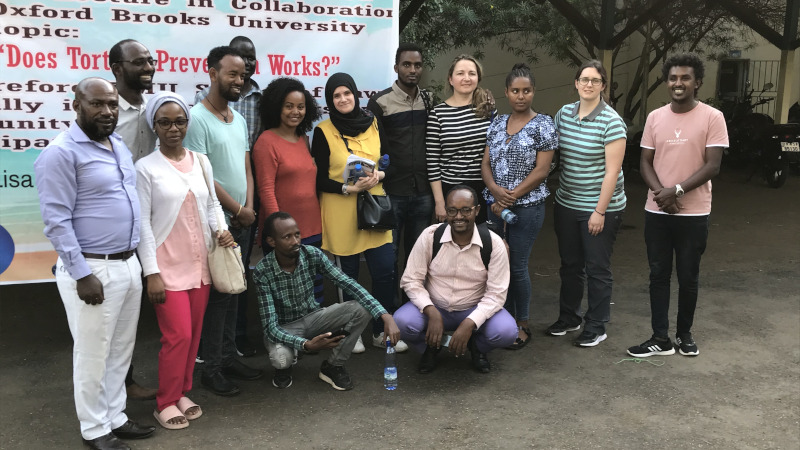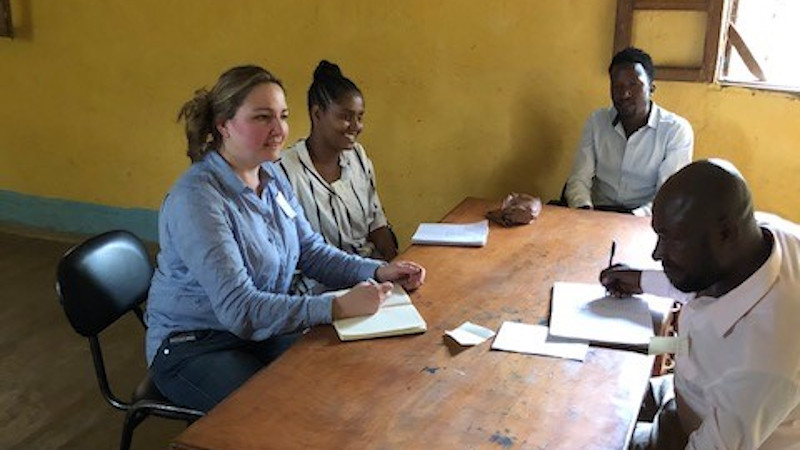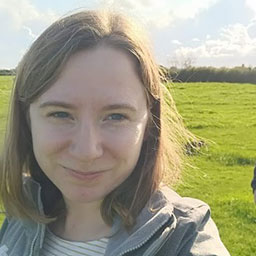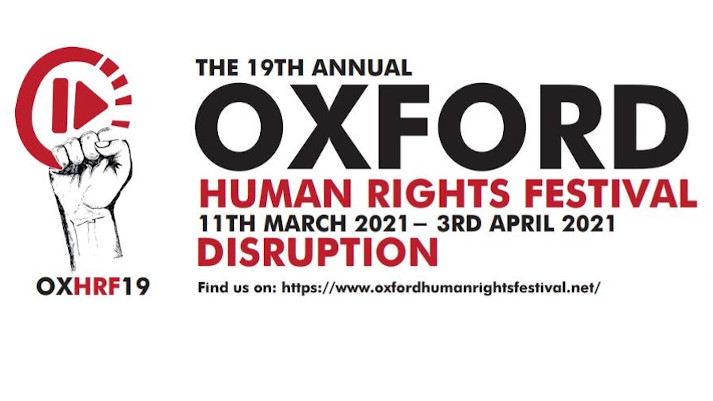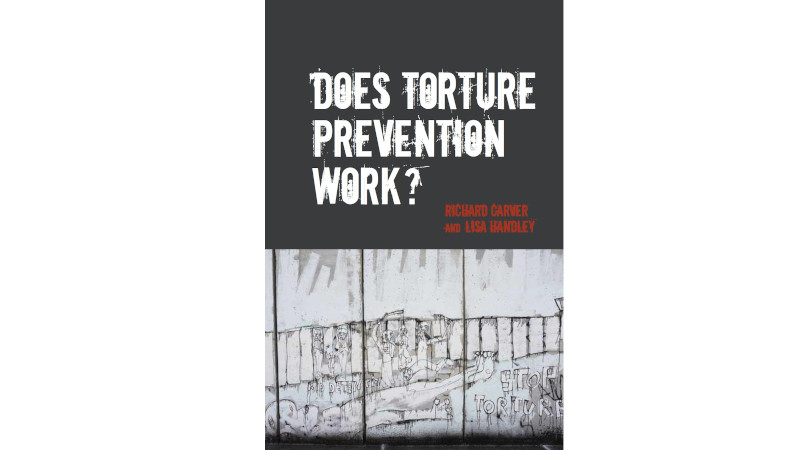Every year the festival centres around a theme. In the past, themes have included ‘Resilience’, ‘Identity’ and ‘Home’ exploring what these mean in terms of gender, sexuality, race, ability, class, wealth, religious beliefs, forced migration, homelessness, nationality and much more. In 2021 the theme is ‘Disruption’ which helps to place on the agenda the way we all have been affected by the global pandemic, but also how the pandemic has exposed inequalities and injustices.
Past events have included a talk by peace builder and founder of Oxford Research Group Scilla Elworth in 2019, Ken Loach opening the 2017 festival with a screening of his acclaimed film 'I, Daniel Blake' and Ziauddin Yousafzai, father of equal education activist Malala Yousafzai, speaking at our screening of their film 'He Named Me Malala' in 2016. We curate an exhibition every year around the theme of the festival and include artists and performers from around the globe.
